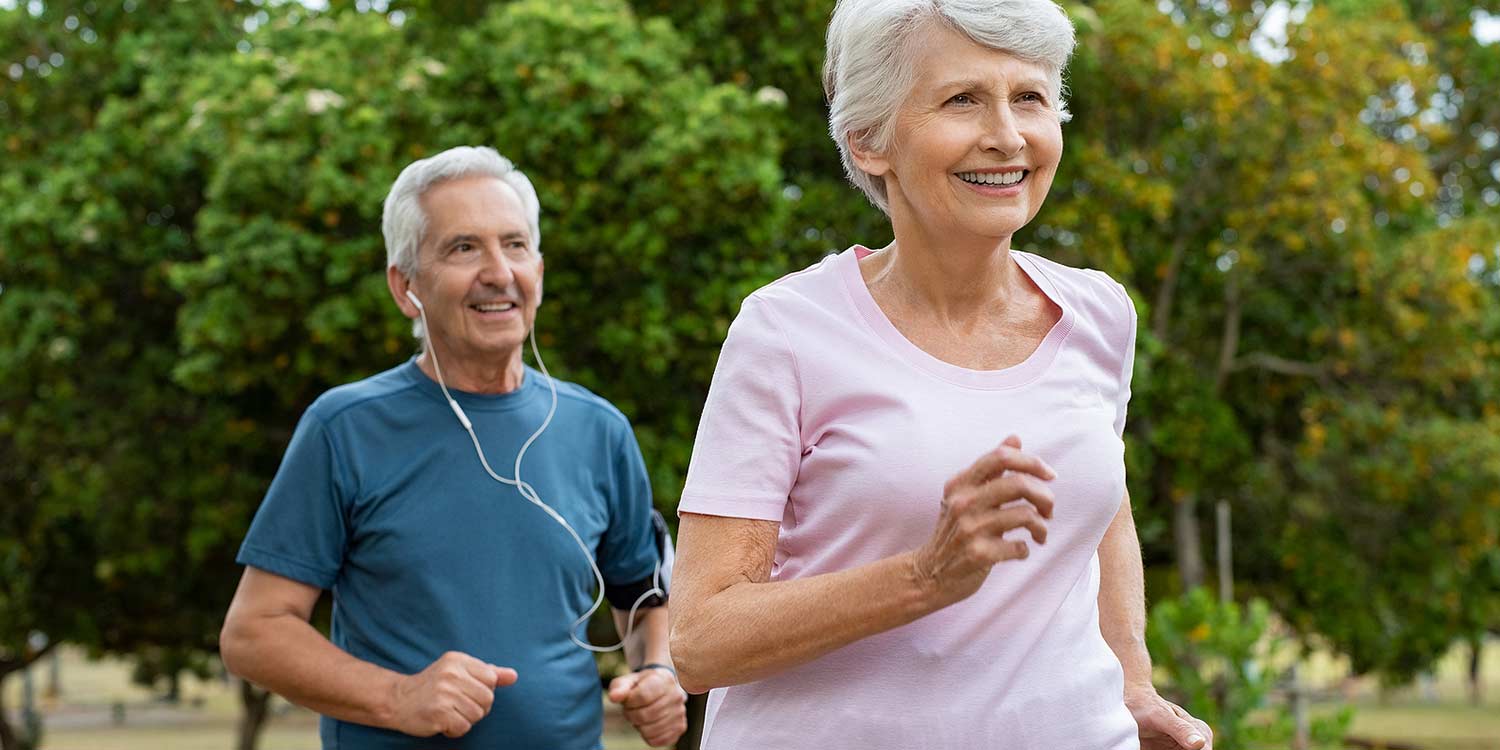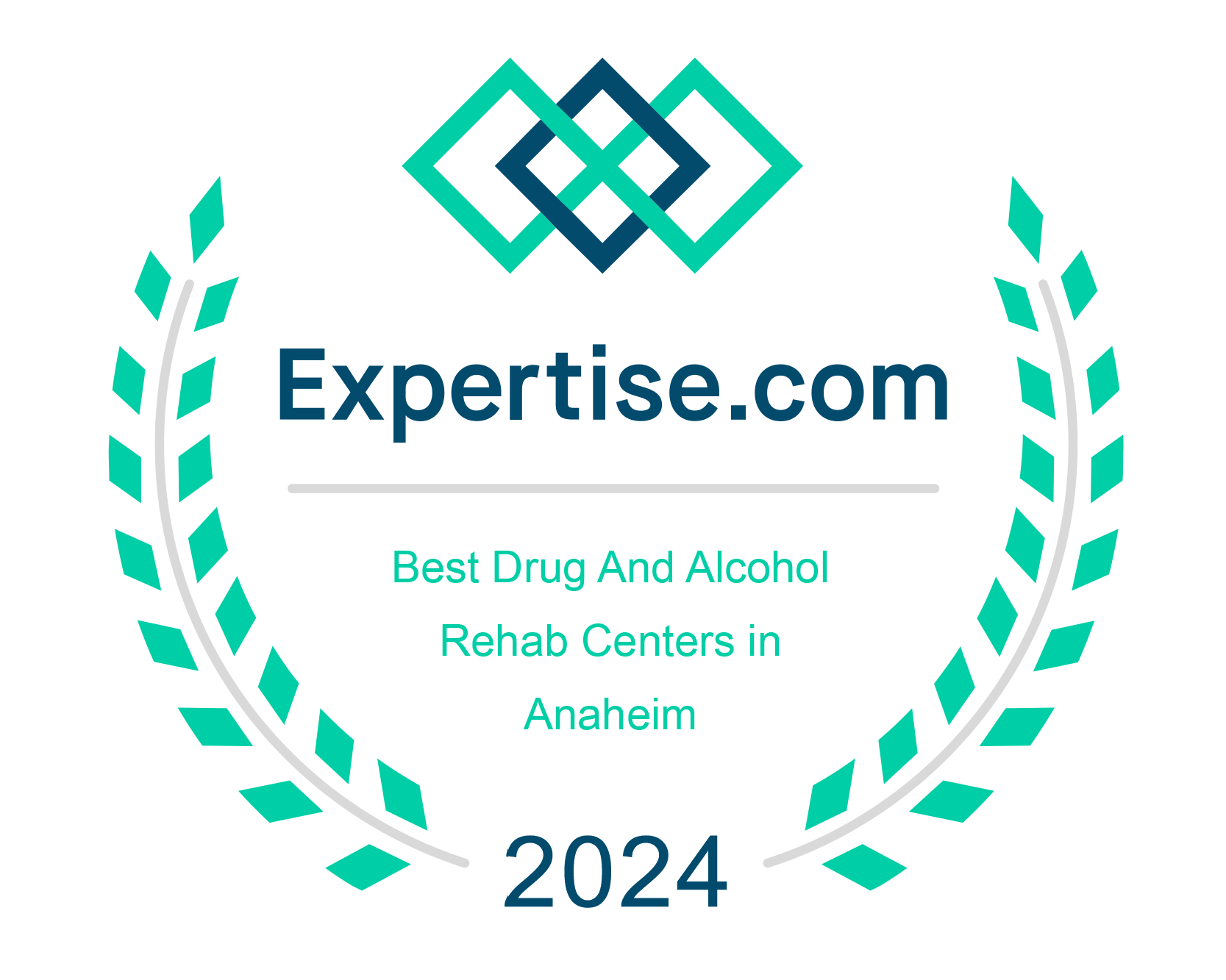Elevating mental health awareness among older adults is crucial for fostering a supportive and empathetic community. Emphasizing the mental well-being of our aging population is necessary year-round, encouraging continuous efforts to tailor support and resources effectively.
The Importance of Mental Health Awareness in Older Adults
Heightened awareness helps highlight the unique mental health challenges and needs of older adults. It calls on policymakers, caregivers, and communities to enhance support and create resources addressing these challenges.
Strategies for Supporting Older Adults’ Mental Health
Supporting older adults’ mental health requires a comprehensive approach:
- Promote Open Dialogue: Create safe environments where older adults feel comfortable expressing their feelings and concerns.
- Encourage Physical Activity: Regular physical activity can significantly improve mood and cognitive functions, contributing to overall mental health.
- Facilitate Access to Mental Health Resources: Ensure older adults have easy access to professional mental health services, including counseling and therapy.
Addressing Social Isolation in Older Adults
When it comes to helping older individuals mitigate social isolation and enhance their overall well-being, personal involvement can make a significant impact. Here are some thoughtful actions that individuals can take:
- Regular Visits: Make regular visits a priority. Spending quality time with older adults, whether it’s for a simple cup of coffee or to share a meal, can greatly uplift their spirits and provide them with something to look forward to.
- Teach Technology Skills: Assist them in becoming more technologically savvy. Teaching older adults how to use new technologies can help them connect with friends and family via email, social media, or video calls. This not only helps reduce their feelings of isolation but also empowers them with new skills.
- Encourage Active Participation: Get them involved in local community activities or clubs that match their interests. Helping them sign up for a class, club, or group activity can provide them with a sense of community and belonging. This could be anything from a local knitting group to a senior yoga class.
- Create Meaningful Projects: Engage them in meaningful projects that can provide a sense of accomplishment. This might include gardening, DIY home projects, or even volunteering for causes they care about. Engaging in these activities together can also strengthen your relationship and provide shared experiences.
- Listening and Empathy: Often, what older adults need most is someone to listen. Be there to hear about their memories, their challenges, and their everyday experiences. Showing empathy and understanding can make them feel valued and less alone.
- Encourage Routine Health Care: Assist them in maintaining regular health check-ups. Managing health proactively can prevent issues that contribute to isolation due to physical ailments. Also, consider accompanying them to their appointments if possible.
- Explore New Interests Together: Help them discover new interests or rekindle old ones. Whether it’s learning a new language, trying out a new recipe, or starting a book club, exploring new interests can invigorate their enthusiasm for life.
- Foster Pet Companionship: If appropriate, help them adopt a pet. Animals can provide remarkable companionship and are known to reduce stress and increase overall happiness.
By taking these steps, you can significantly enhance the quality of life for an older individual, helping them feel more connected and less isolated in their daily lives.
Improving Cognitive Function in Older Adults Through Nutrition
Enhancing cognitive function in older adults is vital for maintaining mental health and overall well-being. A key strategy for supporting brain health is through nutritional choices that boost cognitive functions and mitigate age-related decline.
- Rich Nutritional Intake: Encourage diets high in omega-3 fatty acids found in fish like salmon and trout, which are known for their brain health benefits. Including these in weekly meals can help maintain brain function.
- Antioxidant-Rich Foods: Incorporate plenty of fruits and vegetables like blueberries, strawberries, and leafy greens, which are packed with antioxidants. These nutrients combat oxidative stress and inflammation, factors that can affect cognitive health.
- Whole Grains and Cognitive Energy: Promote the consumption of whole grains which provide a steady supply of energy to the brain throughout the day. Foods such as oats, quinoa, and whole wheat help maintain glucose levels, which the brain needs to function effectively.
- Vitamin-Rich Diets: Ensure the inclusion of vitamins such as B vitamins, vitamin D, and vitamin E, which play roles in managing stress and reducing the risk of cognitive decline. Eggs, nuts, and fortified foods are excellent sources.
- Hydration and Cognitive Function: Emphasize the importance of staying hydrated. Adequate water intake is crucial for optimal brain function and helping to keep the mind clear and focused.
By focusing on these dietary strategies, older adults can enhance their cognitive function, potentially improving memory, focus, and overall mental acuity. Integrating these nutritional guidelines into daily routines can provide lasting benefits to cognitive health and by extension, overall quality of life.
Conclusion
The ongoing commitment to acknowledging and prioritizing mental health for older adults is not just a responsibility—it’s a profound act of respect and compassion. By diligently implementing thoughtful strategies and nurturing a supportive community, we have the power to significantly uplift the mental health and overall quality of life for our elder community members. Let us pledge to be relentlessly proactive and dedicated in our efforts, ensuring that every senior citizen feels deeply valued, thoroughly understood, and consistently supported. Together, we can build a more inclusive and caring society where the well-being of our older adults is held as a cherished priority.
Sources:
This article authored and reviewed by Clare Waismann, M-RAS, SUDCC II, Founder of Waismann Method Advanced Treatment for Opiate Dependence and Domus Retreat, is for informational purposes only and should not be considered medical advice or a recommendation. Consult a healthcare professional for guidance and treatment options. While we strive to maintain high editorial standards, please be aware that information may become outdated. Domus Retreat, its employees, agents, and associated individuals are not liable for any errors, omissions, or consequences resulting from the use of the information provided.



















